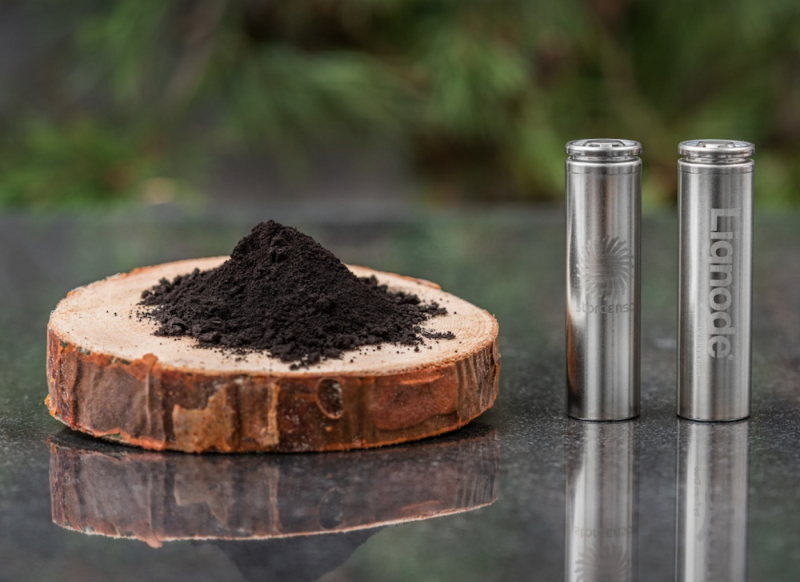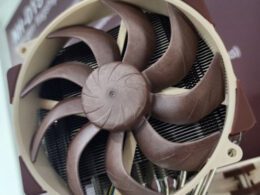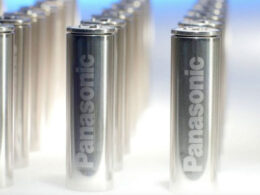Swedish sodium-ion battery developer Altris is offering an eco-friendlier alternative for lithium-free battery manufacturing. It has combined efforts with Stora Enso to develop a technology that uses carbon derived from wood cellulose to create anodes. The resulting material, Lignode, shows potential as the greenest source for anode manufacturing worldwide.
From Wood to Battery
Lignin is a by-product of wood mass production. Its potential use as an environmentally friendly electrode material continues to be investigated. In the previous year, renewable materials manufacturer Stora Enso, based in Finland, began supplying its patented material, Lignode, to Swedish battery producer Northvolt. The latter used Lignode for the anodes of its lithium-ion batteries. Stora Enso’s Lignode is a hard carbon substance extracted via lignin purification.
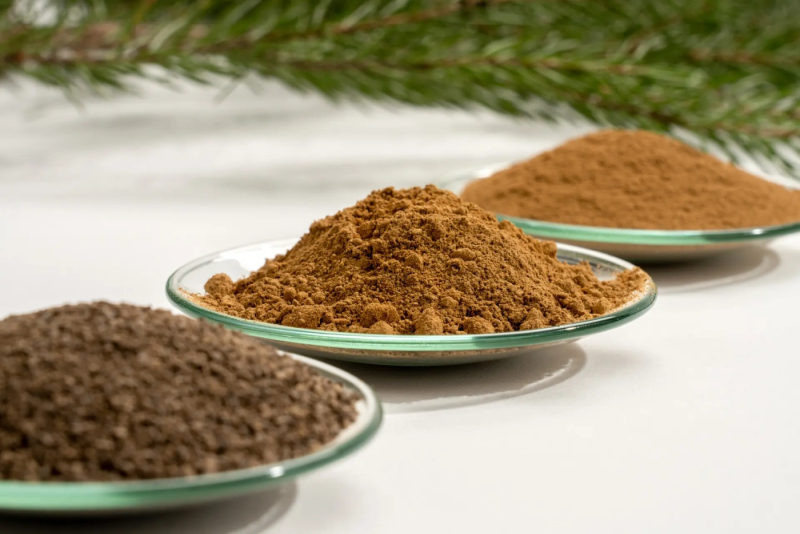
Sodium-ion batteries mitigate the use of rare minerals like lithium, cobalt, and nickel by leveraging the more abundant sodium. Replacing graphite, typically used for anodes, with Lignode derived from natural byproducts enables a significant decrease in dependence on China’s importations, which currently source over 90% of graphite in the EU. According to Stora Enso, Lignode anodes also offer a higher charge and discharge rate.
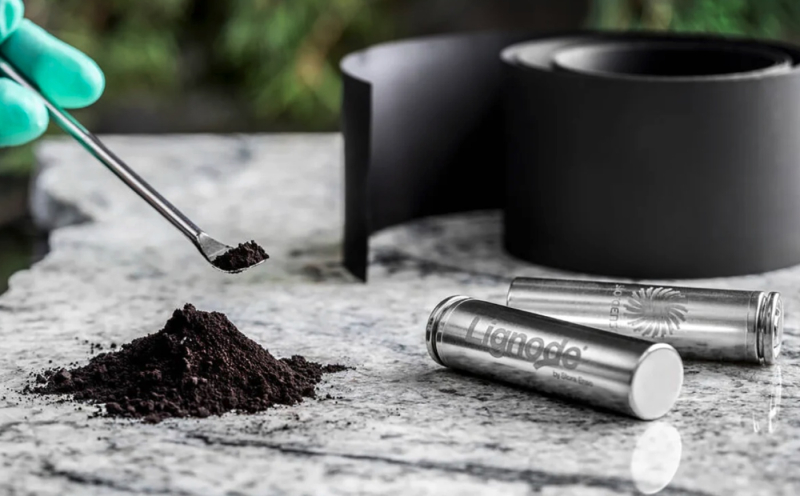
Stora Enso’s Production Capacity
Stora Enso owns and leases more than 2 million hectares of forest land. The company has been processing wood mass at its Kotka plant in Finland for over 80 years, with large-scale lignin extraction commencing in 2015. Pilot production of Lignode began in 2021, and plans to expand to commercial proportions are underway. Given that 20 to 30 percent of wood-derived raw materials are lignin, it’s a widely accessible and easily renewable resource, primed for sustainable forestry methods.
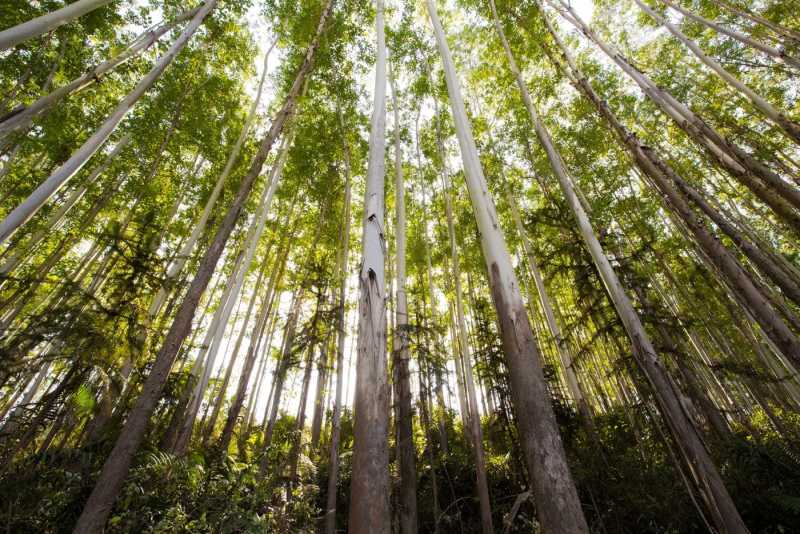
Altris’ New Battery
Juuso Konttinen, Senior Vice President of Stora Enso, stated that ‘biobased materials are key for enhancing the sustainability of battery components. As Lignode could potentially become the greenest anode material globally, this partnership with Altris aligns perfectly with our shared commitment to promoting a more sustainable electrification.’ Altris’ new battery technology is currently considered among the most eco-friendly globally. It uses ‘Prussian white’ (PW), noted as one of the most promising cathode materials for sodium-ion batteries due to its significant ion diffusion channels, minimal lattice distortion, ease of manufacturing, non-toxicity, and low cost.
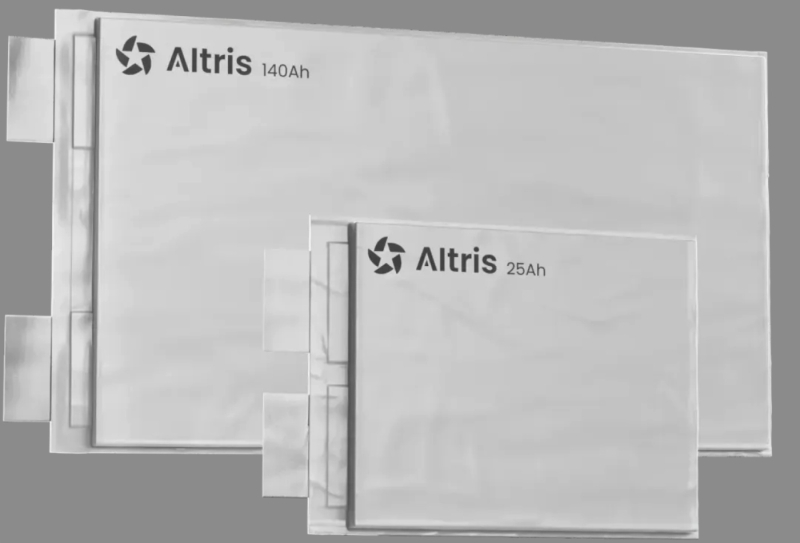
Altris has not yet begun the commercial production of these new batteries. Last year, the company demonstrated a commercial-sized battery with an energy density of 160Wh/kg, on par with lithium-iron-phosphate batteries used in modern electric cars. The company aimed to increase this energy density to 200Wh/kg. The cell was developed through research collaboration with Northvolt.

